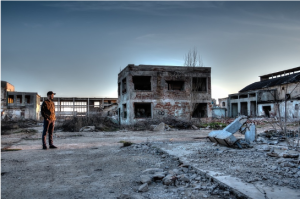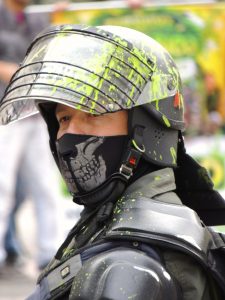

Nowadays, regardless of the level of awareness about security at both, the national and international levels, the security of citizens and states itself, is threatened by organized crime and terrorism. The fight against terrorism and organized crime as a modern threat to security is increasingly moving from national to international and global level. The reason for this is the transfer of threats from local and national to regional and global networks, which is extremely well-connected primarily due to the economic factor and the enormous profits provided by modern technology.
So, what is the contribution of the police special forces as a part of the conventional subjects in the fight against terrorism and organized crime?
The spectrum of possible operations when talking about the states’ struggle against terrorism and organized crime tells us of the huge need for specialized units that would be ready for action in the short time, in different fields, from various actions of cooperation of national units through various international missions and Joint Force Task Units in endless war against terrorism and organized crime. In this sense, there is a wide range of opportunities that States provide adequately trained special units, both military, and police.




